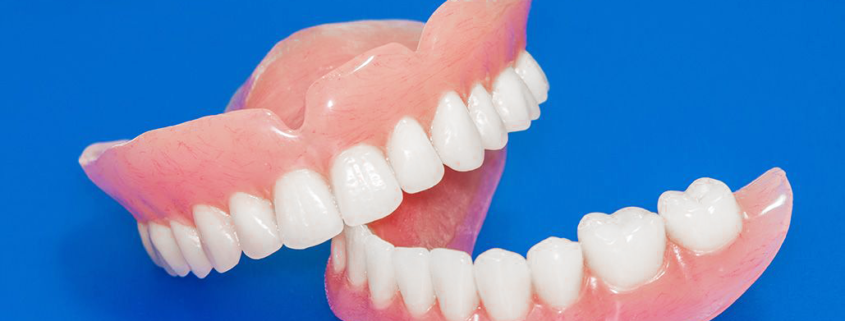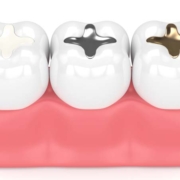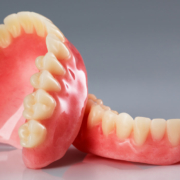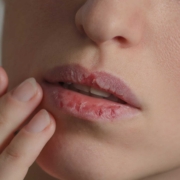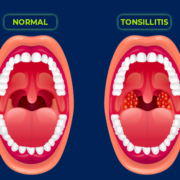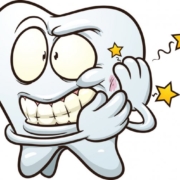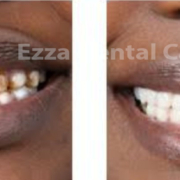Dentures: Definition, Types, Advantages and How to Care for them
I recently watched a video about how we rarely appreciate what we have until we don’t have it anymore. Think about it, how much we ignore our ability to move from place to place until we can’t walk, Or how much we take the ability to chew our food, to pronounce the word scrupulous or to smile at our loved ones or even to laugh unabashedly in public until we lose our teeth. However, not all is lost because someone who probably wanted to chew his or her meat in peace came up with dentures and these have been developed as time has gone on.
What are dentures?
Dentures can be defined as prosthodontic devices constructed to replace missing teeth and surrounding tissues. They are typically used in case someone has lost all or almost all their teeth on either or both the arches in the mouth. Loss of teeth comes about due to old age, severe trauma, different oral diseases and so on. Loss of teeth comes with many consequences which by and by affect the physical, mental and social health of the individual in one way or another. This is a reason for which the acquisition of dentures should not be taken lightly in case one gets the misfortune of losing their teeth.
Why should one get dentures?
When one has dentures;
- They are able to chew their food on their own and enjoy it which ensures proper nutrition.
- They are able to speak without difficulty since loss of teeth makes pronouncing some words difficult.
- They are able to maintain their facial structure. When teeth are missing for a prolonged period of time, the facial muscles sag and this makes one look ages beyond their years.
- They are also able to maintain their facial aesthetic features considering the fact that dentures closely resemble the natural teeth.
Types of dentures
There are two main types of dentures. The complete dentures and the partial dentures
1. Complete dentures
Complete dentures can be of two types; conventional dentures and immediate dentures. Conventional dentures are made after the remaining teeth have been removed and 8 to 12 weeks allowed for the tissues to heal. The immediate dentures are made in advance and then placed immediately after the teeth have been removed and the gums prepared. These ensure that one does not remain completely edentulous as they wait for the conventional dentures. Overdentures are placed over a small number of the remaining natural teeth after they have been prepared.
2. Partial dentures
Partial dentures are an option in case one has not lost all their natural teeth and are made in form of a fixed bridge. In case one or more natural teeth remain, they can be used as a bridge and crowns on either side of the space are placed. Artificial teeth are then cemented into the gap, with the teeth on either side acting as support. This both replaces and prevents the teeth from falling out of position.
Side effects of dentures
After one gets their dentures, they can expect a few side effects while their body gets used to their presence in the mouth.
- There may be increased saliva due to the irritation of the salivary glands by the dentures. This decreases after a while with acclimatization to the dentures.
- The dentures may feel consistently loose while the oral muscles get accustomed to the dentures.
- Irritation and soreness of the gums which with some over the counter medications. However if they are prolonged, one should see their dentist.
How to take care of dentures
Dentures should be taken care of well for them to be in peak condition for optimal use.
Dentures are not made of the same material as the natural teeth and so should not be treated the same way. The dentures should be cleaned using a denture brush and non-abrasive cleaner to prevent them from being eroded.
After removing the dentures, keep them covered in water or denture solution.
It is important that you maintain stellar oral hygiene when you have dentures to prevent numerous oral disease for example denture induced stomatitis and thrash.
Brush the tongue, the gums and the roof of the mouth using a soft bristle tooth brush to stimulate circulation when one is not wearing the dentures.
Where can I get dentures
Dentures can be acquired at Ezza Dental Care. You can schedule a free appointment with our dentist. Consultation is free

